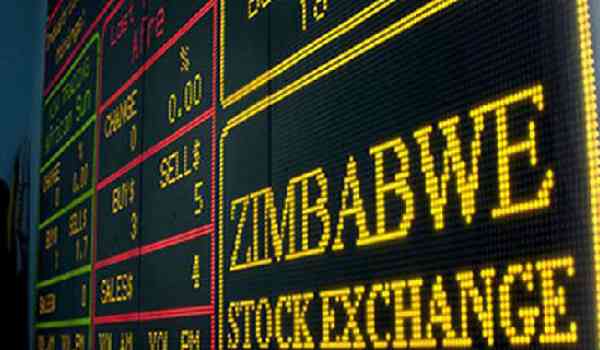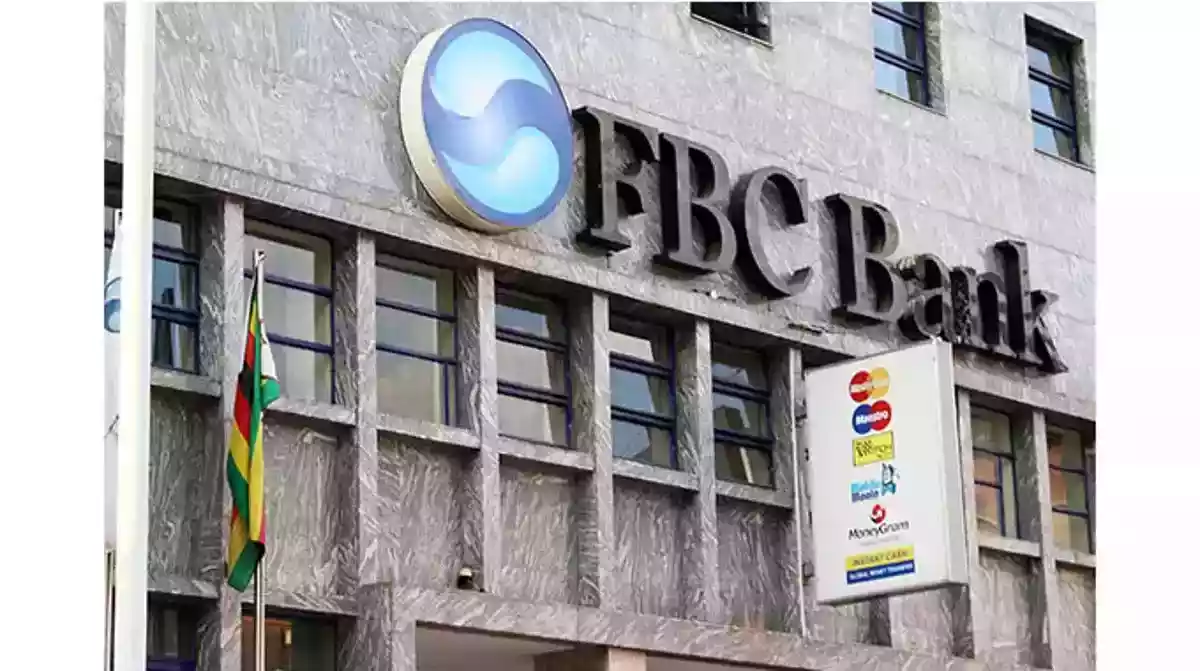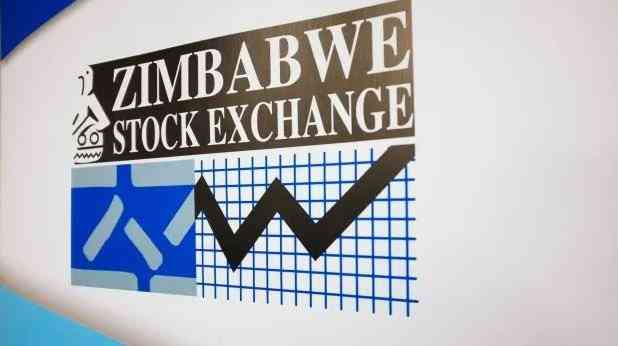
INVESTOR sentiment has remained bullish on the Zimbabwe Stock Exchange (ZSE), defying a disputed outcome of last Wednesday’s general elections.
Incumbent President Emmerson Mnangagwa beat his strongest rival Nelson Chamisa — leader of the Citizens Coalition for Change — in the elections after polling 52,6% of the vote, against the latter’s 44%.
Several international observers have cast aspersions over the poll’s credibility.
An analysis of market data by businessdigest showed the ZSE’s market capitalisation had gained by 1,5% by Wednesday, a week after elections were held.
On the eve of polls, the ZSE’s market capitalisation stood at ZW$9,6 trillion (about US$2,1 billion), a value the bourse had generally hovered around prior to polls.
By Tuesday this week, the market capitalisation had increased to ZW$9,8 trillion (US$2,13 billion, gaining by 1,5% compared to the election eve value.
But even before the election, Zimbabwe’s biggest bourse had become the most preferred investment destination by investors, who were seeking to hedge against inflation.
Annual inflation has declined in the past month, but uncertainty remained in the outlook, with some analysts saying another spiral could hit the economy as politicians haggle over results.
- Chamisa party defiant after ban
- Village Rhapsody: How Zimbabwe can improve governance
- News in depth: Partisan police force persecutes opposition, shields Zanu PF rogue elements
- Chamisa chilling death threat bishop defiant
Keep Reading
During the review period, the Zimbabwe dollar depreciated on the black market to US$1:ZW$7 000 as of Tuesday, from US$1:ZW$6 500 a day before elections.
On the official market, it traded at ZW$4 605 against the greenback.
Analysts said there was nothing much driving market capitalisation statistics, except for the volatile currency.
“From market data, you can tell there has been hardly any impact (of polls on ZSE),” MMC Capital executive director Itai Chirume told businessdigest.
“Usually, markets are moved when there is a turnout outside what the market expected. So, whatever has happened would probably be in sync with what investors or market participants would have projected. When that happens there won’t be significant change.”
He said the ongoing uncertainty in the post-election period did not bode well for attracting capital.
“Anything that causes market uncertainty will likely make people hesitant to commit capital. The longer the market will be in that state of uncertainty, the longer investors will delay making decisions,” Chirume added.
Property analyst Washington Musiiwa said disputes over poll results had triggered uncertainty in the real estate sector.
He said unless a deal to end the deadlock is reached, the property market was in for a rough ride.
“The disputed election result has caused fear in the real estate sector,” Musiiwa said. “This fear, in turn, creates lack of confidence amongst property investors, buyers, sellers, construction firms and property developers.
“The future is not looking bright at all. It is trite to remember that towards elections activity was already depressed in the property market as investors took a wait and see attitude with the hope of a good election outcome.”
Musiiwa said the negative perception was likely to be an albatross to government and the economy that it superintends.
“Real estate requires long term mortgage financing from serious institutions to flourish. This outcome spells a bleak future,” he said. “International property funders will shy away from Zimbabwe. An uncertain future is bad for long-term investments like property.
“The fact that the Zimbabwe crisis has gone on for this long, makes this country a no-go area to invest in its real estate.”
Kurai Matsheza, president at the Confederation of Zimbabwe Industries, said it was too early to see what investor sentiment would be.
“I think it is too early to say there will be a threat or there will be no threat to the economy (as a result of the deadlock),” he told businessdigest.
“We are just coming out of elections. The President (Emmerson Mnangagwa) has not been inaugurated. I think it is too early to give a view on that.
“Let us wait until the new government (is announced), then we will obviously hear potential investors’ general view,” he said.










